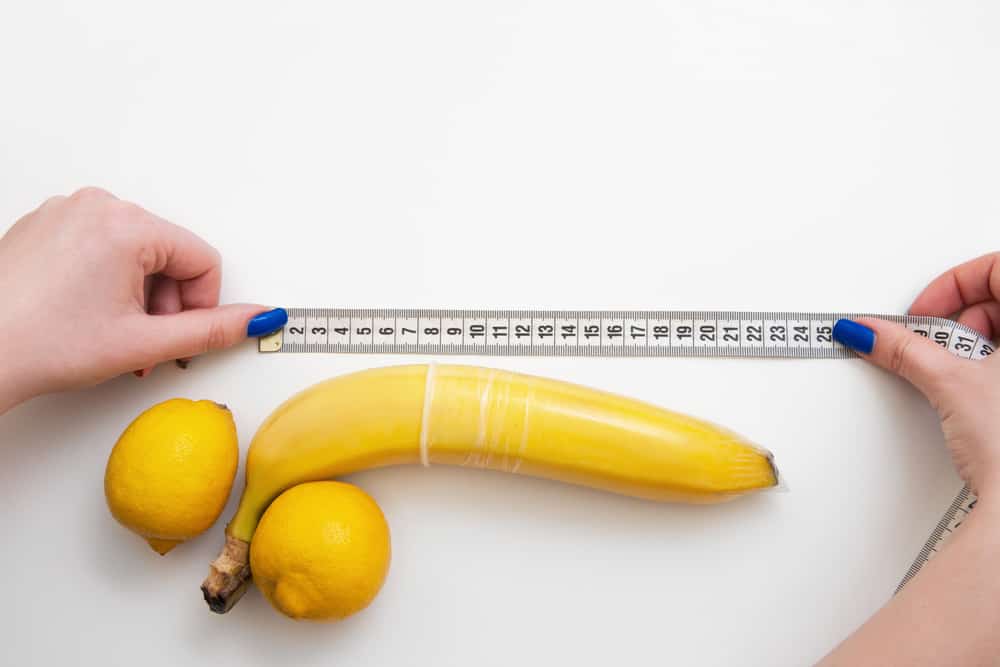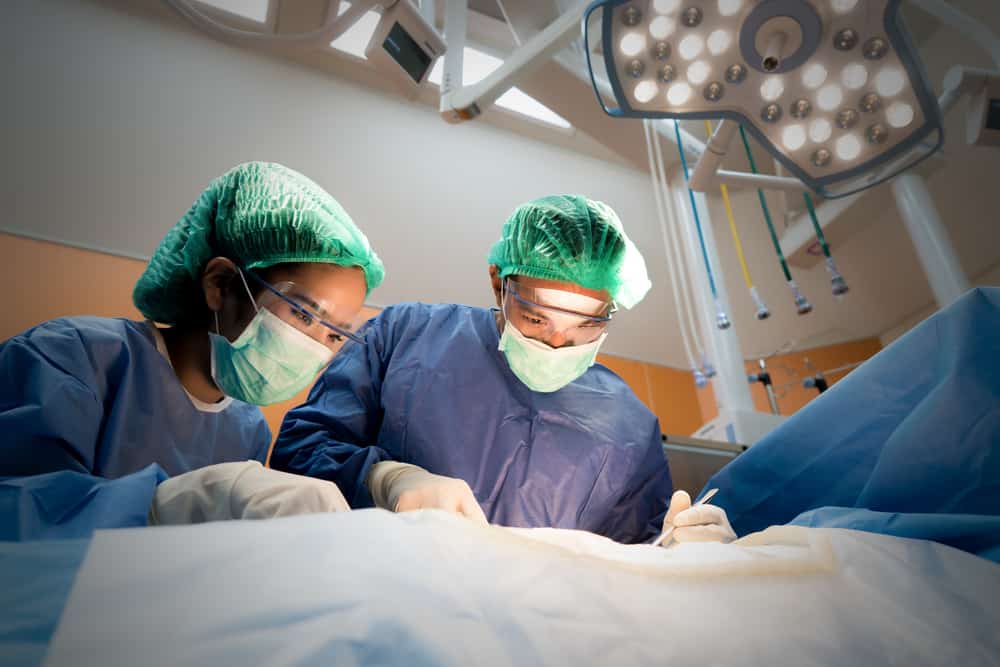Contents:
- Medical Video: 7 Signs You Are Not Consuming Enough Carbohydrates
- Watch out for the danger of ketosis due to lack of carbohydrates
- How many carbohydrates do you have to reduce if you want to diet?
- Signs and symptoms of the body lack of carbohydrates
- 1. Limp, lethargic, not powerful
- 2. Constipation
- 3. Malnutrition
- 4. Headaches and nausea
Medical Video: 7 Signs You Are Not Consuming Enough Carbohydrates
Many people begin to reduce their carbohydrate intake to lose weight. There are also a handful of people who truly abstain from eating carbohydrates for the same reason. Even though you are dieting, your body still needs carbohydrates as its energy source. The following are signs of carbohydrate deficiency that you need to watch out for.
Watch out for the danger of ketosis due to lack of carbohydrates
If your carbohydrate intake when on a diet is less than 50 grams a day, the body will automatically look for other energy sources to be able to maintain all kinds of functions. Usually the target is a backup of body fat. This condition is called ketosis.
Let it continue, the ketosis process will produce a buildup of ketone compounds as a waste product from fat metabolism.
Excessive ketone levels in the body can cause dehydration and disrupt the balance of chemical compounds in the blood. As a result, glucose levels and and ketones in the bloodstream become high. This condition is called ketoacidosis. Ketoacidosis changes the nature of the blood to acid which can endanger health.
How many carbohydrates do you have to reduce if you want to diet?
Based on the guidelines for Nutrition Adequacy Figures from the Ministry of Health of the Republic of Indonesia, healthy adults are generally recommended to consume carbohydrates around 300-400 grams per day. Keep in mind, everyone's carbohydrate needs may vary, depending on age, gender, height and weight, activity level, and daily calorie needs.
You can reduce eating carbohydrate food by half while on a diet - to around 150-200 grams per day. If you want to be further reduced, you should at least continue to meet 40% of the body's total carbohydrate needs. This is so that the body does not experience symptoms of an adverse carbohydrate deficiency.
Signs and symptoms of the body lack of carbohydrates
1. Limp, lethargic, not powerful
Carbohydrates will be converted into blood sugar as a fuel for the body, especially for the brain and nervous system. However, not all glucose is directly used for energy. Some will be stored in the body, muscles, and cells of the body for backup when needed later.
That's why you will feel weak not powerful when reducing carbohydrate eating. The body does not have enough energy to move, plus you do not have deposits that can be used later. In addition, lack of carbohydrates also makes it difficult for you to think clearly and focus on something.
2. Constipation
You can't get carbohydrates from starchy foods. You can also find carbohydrates from many vegetables and fruits and nuts and seeds. The difference is, these carbohydrates are healthier because of their high fiber content.
Therefore, a body that lacks healthy carbohydrates usually shows symptoms of constipation or difficulty defecating due to lack of fiber simultaneously.
To overcome this, immediately consume complex carbohydrates such as whole wheat bread, pasta, and cereal. These types of complex carbohydrates can help facilitate your digestion and reduce the risk of constipation.
3. Malnutrition
As explained above, some sources of fruits and vegetables are also enriched by carbohydrates. If you rarely eat high-carbohydrate fruits and vegetables, you run the risk of experiencing malnutrition.
For example, oranges, broccoli, and tomatoes are good sources of vitamin C for the body's immunity. While carrots, sweet potatoes, and apricots are types of fruits and vegetables that are rich in vitamin A to nourish the eyes. While whole grains and nuts contain many minerals and B vitamins which are also good for the body.
These fruits not only contain vitamins, but also carbohydrates that the body needs. Apart from being a deficiency of carbohydrates, your body will show symptoms of malnutrition gradually if you limit carbohydrate intake in your diet.
4. Headaches and nausea
As explained earlier, drastically limiting carbohydrate intake to less than 50 grams a day can cause ketosis. Ketosis or accumulation of ketones in the body will trigger nausea, headaches, bad breath, and loss of consciousness.
It doesn't hurt to reduce carbohydrate intake if you want to start eating healthy. The key is to set up your daily carbohydrate portion so it's not excessive, and choose your carbohydrate source with healthier ones.












